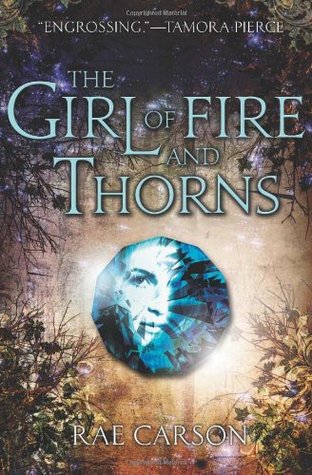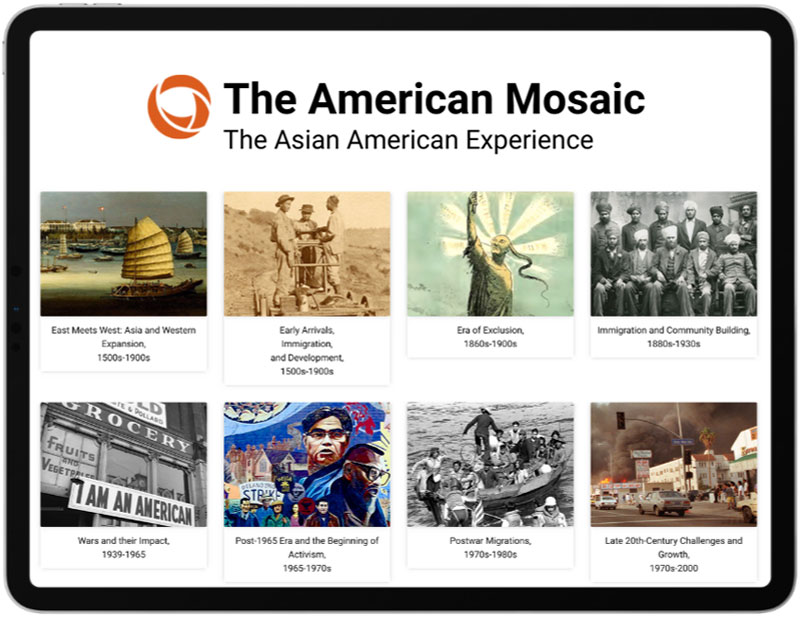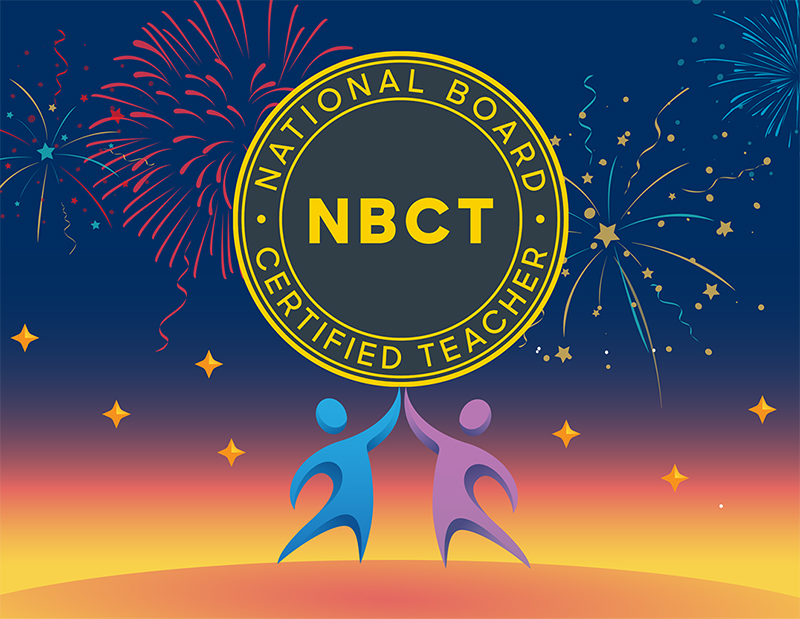The Faith of The Girl of Fire and Thorns, a #FSYALit guest post with author interview
Today as part of our ongoing discussion on Faith and Spirituality in YA Lit (#FSYALit) guest Catherine Posey is discussing The Girl of Fire and Thorns by Rae Carson. She even reached out to author Rae Carson who was kind enough to answer some questions for this post. You can find all the #FSYALit posts here.
 When I first encountered Rae Carson’s The Girl of Fire and Thorns trilogy, it’s needless to say I was intrigued. A heroine with a “Godstone” embedded in her body? A girl destined to become a leader in the land who doesn’t necessarily fit the bill of the perfect looking, size 0 young woman? A high fantasy with a unique magical system and feminist dimension? Yes, please! Then, to make things even better, once I dove into the books, I discovered that the novels featured a rich faith dimension that didn’t feel preachy. This, more than anything else, solidified my love of the novels, considering my own interest in the realm of faith and spirituality in both literature and readers.
When I first encountered Rae Carson’s The Girl of Fire and Thorns trilogy, it’s needless to say I was intrigued. A heroine with a “Godstone” embedded in her body? A girl destined to become a leader in the land who doesn’t necessarily fit the bill of the perfect looking, size 0 young woman? A high fantasy with a unique magical system and feminist dimension? Yes, please! Then, to make things even better, once I dove into the books, I discovered that the novels featured a rich faith dimension that didn’t feel preachy. This, more than anything else, solidified my love of the novels, considering my own interest in the realm of faith and spirituality in both literature and readers.
ADVERTISEMENT
ADVERTISEMENT
Of course, there’s a lot to say about the topic of faith in Carson’s trilogy, and I obviously can’t cover it all here. But I can highlight several aspects I think are worth mentioning.
The Will of God
The religious culture of the books reflects multiple faith aspects, but one overarching theme is the notion of the “will of God” or the “plans of God.” For example, Elisa’s struggle with the fact that she is the bearer of the Godstone is apparent throughout the trilogy. Since she was born with the Godstone, obviously it is God’s will for her to play a unique role in her country’s history. Right? In the second book, The Crown of Embers, Elisa’s Godstone reminds her that “God has plans” for her, and that she hasn’t fulfilled them all. The way she comes to term with this part of her identity invites discussion about how sometimes we feel a desire to do something significant, but actually doing it feels impossible. We can sense a “calling” to do something, but we don’t feel adequate. Both of these sentiments are explored in the trilogy, making it something that some religious readers may be able to relate to. It isn’t necessarily easy for Elisa to come to terms with what she is “destined” to do—nor does she understand exactly what she is supposed to do.
“God’s will. How many times have I heard someone declare their understanding of this thing I find so indefinable?” [Girl of Fire and Thorns]
Her grappling with questions while still holding on to her faith is apparent in all three books. The bumps along the way in Elisa’s journey reinforce this idea that the road ahead for all of us will not always be clear or make sense, but as the saying goes, it’s often not about the destination, but about the journey.
“It’s nice to consider that God many not count imperfection as an obstacle to working out his will in the world.” [Crown of Embers]
Appealing to a Higher Power
It is clear that for Elisa, her “Godstone” is a source of power for her, and symbolizes her connection to a higher power. She often taps into the Godstone and begins “praying” when she needs peace or is in danger. This is another example of how her spirituality plays a role in her life. But, it might be helpful to note that it is usually when Elisa is in trouble or in need of power that she appeals to God. Some of the phrases Elisa says to herself in the midst of stressful situations resemble Biblical scripture, but this in no way turns the story into anything stuffy or too religious. It does, however, create parallels with readers whose religion is focused, in some way, on a holy book.
“Aloud I say, ‘The gate that leads to life is narrow and small so that few find it.’ My Godstone lurches, and the force inside me begins a slow spin.” [Crown of Embers]
A Destructive Spirituality
Though the trilogy includes references to “God’s plans” and the notion of “destiny” through Elisa’s journey to become a powerful and important leader in the land of Joya d’Arena, the books don’t shy away from illuminating how the idea of “God’s will” can manifest negatively. For example, the animagus in the beginning of The Crown of Embers at first threatens to send fire into the crowd unless Elisa gives in to his demands and turns herself in. However, he burns himself up instead, becoming “a living torch,” and screaming, “It is God’s will!” This is a clear example in the series of how people’s faith and religious beliefs can have a negative effect on themselves and/or others. This is something else I appreciated about how Carson wove faith elements throughout her trilogy—she doesn’t shy away from depicting the way faith and religious beliefs can be destructive, in some cases. At the same time, the faith aspects of the trilogy were overall more positive to me than they were negative.
A Spirituality of Connectedness
Many of the relationships in the story communicate ideas that appearances can be deceiving, and that compassion and kindness should be offered, even if undeserved. If someone betrays a friend, can that relationship ever be redeemed? These are some of the issues and questions the books bring up, reinforcing yet another spiritual dimension of the story. Elisa grows in love and compassion for those she encounters; her ability to help those close to her heal from life threatening wounds illuminates the notion of making sacrifices for people.
“I will do anything. I’d give my own life and heath if I could. He’s a good man, the best man…I imagine pouring my life force out of my body, through our clasped hands, filling Hector, knitting his wound. The Godstone becomes a fire.” [Crown of Embers]
****
It’s clear that The Girl of Fire and Thorns trilogy illuminates important aspects of faith and spirituality, whether it’s through Elisa’s raw honesty about her struggle to understand her purpose or her willingness to forgive those who have wronged her. I would also argue that Rae Carson’s fantasy series effectively portrays faith dimensions that have the potential to appeal to readers of various faiths.
Rae was kind enough to answer some of my questions around this topic of faith and spirituality in teen literature, and I’m extremely excited to share with you those questions and answers!
The religious/spiritual aspect of The Girl of Fire and Thorns trilogy is such a rich dimension of the narrative—what led you to include this aspect of the story? Or did it just emerge organically?
Thank you. I was a deeply religious teen who never saw myself represented in books. This was baffling to me. In the U.S., the vast majority affiliate with some kind of religious faith, which makes religion a huge part of the coming-of-age experience. So where was my story? Why didn’t anyone write about my experience?
Growing up religious comes with a lot of confusion: Why do all these churches teach things that are so vastly different? What happens when you realize that your beliefs are diverging from those of your parents and peers? Why do people do such horrible things in the name of religion, while others derive such comfort and peace from their faith?
I wanted to explore all of those hard questions, and I wanted to write stories that reflected the reality of so many teens who grow up in a faith environment.
Do you think your own spirituality affects your writing? Any thoughts on how that happens or any thoughts about this with other books?
Not even a little. I gave up religion a long time ago.
However, being nonreligious does not prevent me from empathizing with people who hold different beliefs than I do. In fact, as an author, it’s my job. I worked very hard to make my treatment of faith respectful, empathetic, and even affectionate. Many people assume that I’m religious because of my books, and I’m delighted that readers found the faith elements in the trilogy so convincing.
Are there any books you read as a young reader (teen or younger) that really affected you in a profound or meaningful way?
I loved Judy Blume’s brilliant Are You There, God? It’s Me, Margaret. I probably read that book five times at the age of ten. I was also profoundly impacted by the original Star Wars trilogy, which is as unsubtle and fond a commentary on spirituality as I’ve ever seen in fiction, particularly in regards to the power of belief and the dichotomy of good and evil.
Any books for teens (fantasy or other genres) that you would recommend for readers looking for an engaging and creative plot, but maybe are also interested in faith aspects as well?
ADVERTISEMENT
ADVERTISEMENT
I strongly recommend Aaron Hartzler’s Rapture Practice and John Corey Whaley’s Where Things Come Back. Both explore religious themes with humor, affection, and honesty. Teens who, for one reason or another, must deal with stringent “content” restrictions can safely enjoy anything by Ted Dekker or Lisa T. Bergren.
About The Girl of Fire and Thorns
Elisa is the chosen one.But she is also the younger of two princesses, the one who has never done anything remarkable. She can’t see how she ever will.
Now, on her sixteenth birthday, she has become the secret wife of a handsome and worldly king—a king whose country is in turmoil. A king who needs the chosen one, not a failure of a princess.
And he’s not the only one who seeks her. Savage enemies seething with dark magic are hunting her. A daring, determined revolutionary thinks she could be his people’s savior. And he looks at her in a way that no man has ever looked at her before. Soon it is not just her life, but her very heart that is at stake.
Elisa could be everything to those who need her most. If the prophecy is fulfilled. If she finds the power deep within herself. If she doesn’t die young.
Most of the chosen do. (Publisher’s Book Description)
Meet Our Guest Blogger:
Filed under: #FSYALit, Faith, Spiritual Life, Spirituality, Teen Fiction
About Karen Jensen, MLS
Karen Jensen has been a Teen Services Librarian for almost 30 years. She created TLT in 2011 and is the co-editor of The Whole Library Handbook: Teen Services with Heather Booth (ALA Editions, 2014).
ADVERTISEMENT
ADVERTISEMENT
SLJ Blog Network
Name That LEGO Book Cover! (#53)
Cover Reveal and Q&A: The One and Only Googoosh with Azadeh Westergaard
K is in Trouble | Review
Fighting Public School Book Bans with the Civil Rights Act
ADVERTISEMENT








Interesting that Rae says she is nonreligious now; your discussion prior to that point had me convinced that this series was allegory a la Narnia. Now I’m even more intrigued and “Girl of Fire and Thorns” definitely goes on my reading list!